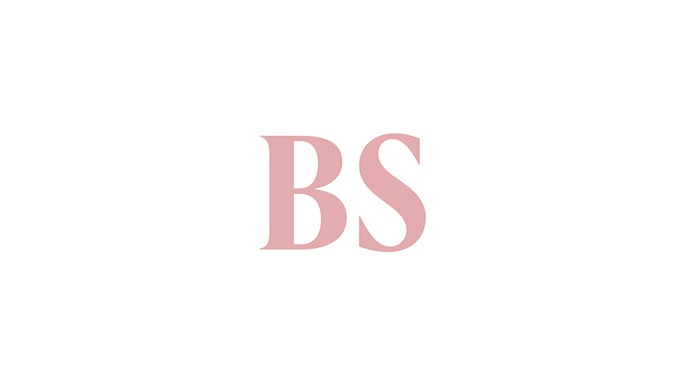Dollar falls as European inflation cools and China lifts the Aussie
A series of separate reports showed business-sector activity across the euro zone held up better than expected in December, despite intense pressure from soaring energy prices

Photo: Bloomberg
By Amanda Cooper
LONDON (Reuters) -The dollar fell broadly on Wednesday, losing out to commodities currencies like the Australian dollar and against the euro, which got a lift from a raft of data that suggested European inflation may finally have peaked.
The dollar was already under pressure from investors who have grown more optimistic over the prospect that China's relaxation of tough COVID restrictions will breathe life into the world's second largest economy.
Data on Wednesday showed French consumer price pressures cooled by a lot more than expected in December, while the previous day, German data also showed inflation fell significantly more than forecast. This came hot on the heels of Spanish inflation data last week that painted a similar picture.
The euro, which on Tuesday posted its largest one-day drop against the dollar in two months, zipped up by as much as 0.82%, as traders latched on to the idea that softer inflation might mean a change in pace from the European Central Bank. This in turn might also suggest the economy will take less of a knock.
Also Read
A series of separate reports showed business-sector activity across the euro zone held up better than expected in December, despite intense pressure from soaring energy prices.
"We're a day and a half into the trading year, so we can't read too much into it, but the recent inflation figures in the euro zone are coming down more quickly than expected," TraderX market analyst Michael Brown said.
The ECB in December sounded an unusually hawkish note, indicating it may lift rates by another 150 basis points in rapid succession.
Wednesday's macro data has cast some doubt on this, Brown said. "That's the big story markets are latching onto," he said.
The euro was last up 0.6% against the dollar at $1.0611 and up 0.3% against the yen at 138.53.
The standout performer on Wednesday was the Australian dollar, which roared as much as 2.3% higher against its U.S. counterpart, on a combination of optimism over China and following media reports that the Chinese government is discussing a possible removal of a ban on the country's coal imports - a major Australian export.
The Aussie was last up 2.1% at $0.6868, set for its largest one-day gain in almost two months. The New Zealand dollar rose 1.56% to $0.6345.
The offshore yuan rose 0.51% against the dollar to 6.8887, near its strongest for over four months.
State media in China pledged a "final victory" over the epidemic, boosting market bets that China's relaxation of rules and reopening was irreversible.
The yen gained 0.4% to hold around 130.45 against the dollar, while sterling rose 0.7% to $1.2048.
Later in the day, investors will scour minutes from the Federal Reserve's most recent policy meeting for any additional clues as to where interest rates might head, although monthly employment figures on Friday will likely have more weight for the market.
"The content of the minutes is easier to estimate than the market reaction, with the prevailing narrative surrounding the U.S. being so pessimistic most of the risk seems skewed to further dollar weakness," David Stritch, a currency analyst at CaxtonFX, said.
(Additional reporting by Tom Westbrook in Singapore; Editing by Jacqueline Wong and Frank Jack Daniel)
(Only the headline and picture of this report may have been reworked by the Business Standard staff; the rest of the content is auto-generated from a syndicated feed.)
More From This Section
Don't miss the most important news and views of the day. Get them on our Telegram channel
First Published: Jan 04 2023 | 4:35 PM IST


